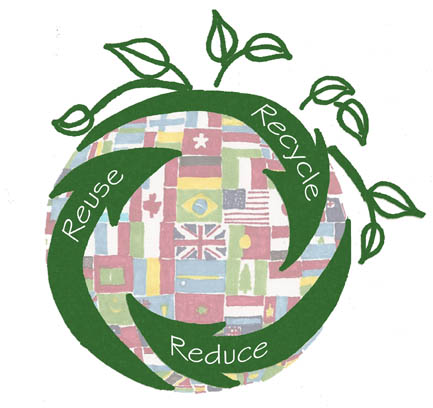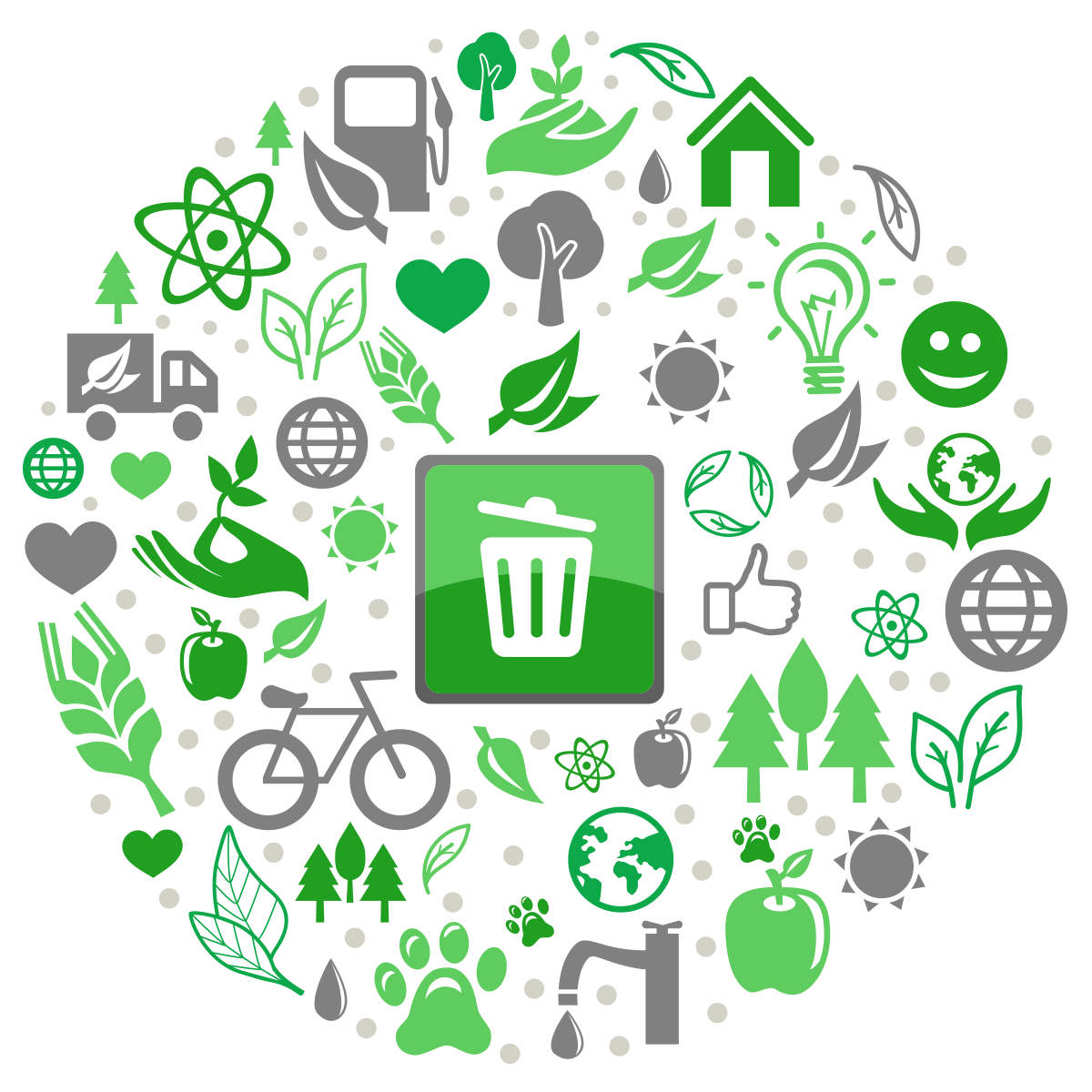
The Ministry for the Environment has some great advice how you can reduce your contribution to the tones of rubbish filling New Zealand’s landfill each year. You can shop smarter by buying only what you need, buying reusable items like beeswax wraps, drink bottles and straws, and buying previously loved items. Packaging, single use items and disposable products create waste and impact our environment. Recycling is the obvious method of minimising waste but here are some other useful techniques for households and individuals: Our long-term vision is to have the community understand their waste consumption, their impact on the environment and commit to reduce, reuse and recycle. Unfortunately, contaminated recycling ends up in landfill.
#REDUCE REUSE RECYCLE HOW TO#
We are also focusing on educating people on what to recycle and how to avoid contaminated material ending up in recycling bins. It simply makes sense.īuller District Council’s goal is to reduce how much waste goes to landfill and increase how much we recycle and reuse. Much of our waste is sent to landfill where it accumulates and takes time to breakdown – in the case of items like plastics, hundreds of years.ĭiverting waste from landfill saves money and is good for our environment.

To keep in the loop with the latest news, guidelines and access helpful and inspiring information, stories, and resources like our Reduce Reuse Recycle Facebook page. This page is an easy guide to how you can Reduce, Reuse and Recycle. There is a lot you can do to minimise your waste which will save you money and does the environment a good deed. Recycle waste material properly by following the rules of our local recycling system, so that, all materials are of a clean and adequate quality allowing them to be recycled and re-used inside the country.


Save money and make your own biscuits and crackers, sauces, yogurt, or cream cheese, and compost your food scraps at home and work. Reusing items that can be reused like spray bottles, using reusable takeaway containers, using reusable bottle waters, using containers for storing food, purchasing bulk food without unnecessary packaging, or taking your own container to the supermarket. For example, refusing plastic straws, avoiding takeaways containers, or enjoy dine-in are good practices to reduce waste. Reducing waste in the first place by saying no to unnecessary single–use items, making sound purchase decisions, and avoiding materials that cannot be recycled.


 0 kommentar(er)
0 kommentar(er)
